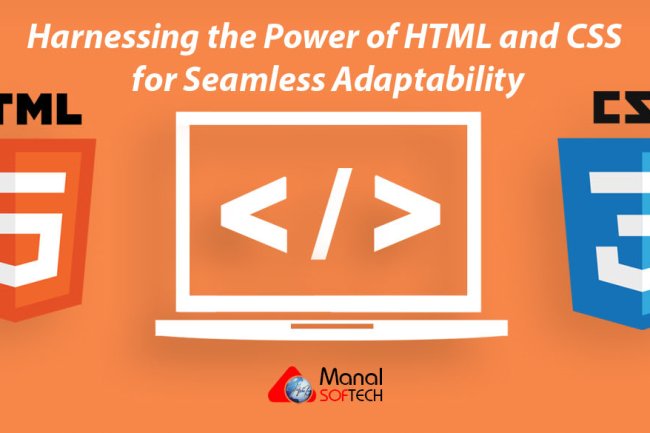The Future of Blockchain: Trends and Innovations

Blockchain technology has evolved significantly over the years, transforming industries and redefining digital interactions. As we move forward, emerging trends and innovations continue to shape the future of this decentralized technology. Here’s a look at what lies ahead for blockchain.
1. Expansion Beyond Cryptocurrencies
While blockchain was initially associated with cryptocurrencies like Bitcoin and Ethereum, its applications are expanding into various sectors. Industries such as finance, healthcare, supply chain, and real estate are increasingly adopting blockchain for its security and transparency.
2. Growth of Decentralized Finance (DeFi)
Decentralized Finance (DeFi) is revolutionizing traditional financial systems by offering decentralized lending, borrowing, and trading platforms. DeFi eliminates the need for intermediaries, providing users with more control over their assets and financial transactions.
3. Integration with the Internet of Things (IoT)
Blockchain and IoT are converging to enhance data security, authentication, and automation in smart devices. By integrating blockchain with IoT, businesses can ensure secure communication and prevent unauthorized access to connected devices.
4. Rise of Non-Fungible Tokens (NFTs)
NFTs have gained widespread popularity in digital art, gaming, and entertainment. These unique digital assets are revolutionizing ownership and monetization, allowing artists, musicians, and content creators to sell their work directly to consumers without intermediaries.
5. Enhanced Security and Privacy Solutions
As cyber threats increase, blockchain is being utilized for advanced security solutions. Zero-knowledge proofs, homomorphic encryption, and multi-party computation are some innovations that enhance privacy while maintaining decentralization.
6. Sustainable and Energy-Efficient Blockchain Models
The environmental impact of blockchain, particularly Proof-of-Work (PoW) mechanisms, has raised concerns. New consensus mechanisms like Proof-of-Stake (PoS) and energy-efficient blockchain models are being developed to reduce energy consumption and make blockchain more sustainable.
7. Blockchain in Government and Public Services
Governments worldwide are exploring blockchain for digital identity verification, voting systems, and secure record-keeping. Blockchain’s tamper-proof nature ensures transparency and prevents fraud in public administration.
8. Cross-Chain Interoperability
Interoperability between different blockchain networks is a growing trend. Cross-chain solutions aim to enable seamless communication and transactions between multiple blockchains, enhancing efficiency and usability.
9. Corporate Adoption and Enterprise Blockchain Solutions
Major corporations are integrating blockchain into their business models to improve transparency, efficiency, and security. Supply chain management, intellectual property rights, and financial transactions are some areas where enterprises are leveraging blockchain technology.
10. Regulation and Legal Frameworks
As blockchain adoption grows, governments and regulatory bodies are working on establishing legal frameworks to address concerns like security, compliance, and taxation. Well-defined regulations will help blockchain gain mainstream acceptance and foster trust among users.
Blockchain technology is continuously evolving, paving the way for a decentralized and secure digital future. With advancements in DeFi, NFTs, IoT integration, and enterprise adoption, blockchain is set to transform various industries. As regulatory frameworks develop and sustainability becomes a priority, blockchain’s potential will continue to expand, shaping the future of digital transactions and interactions.
What's Your Reaction?















